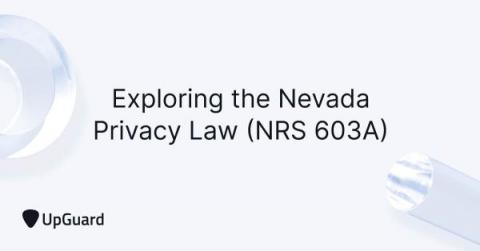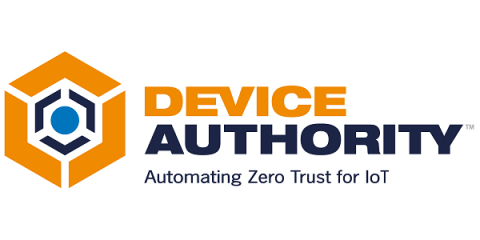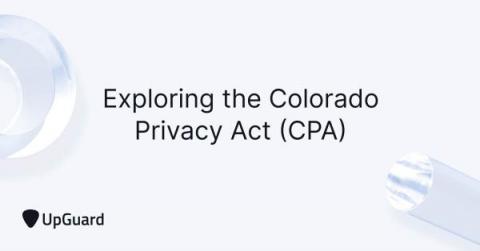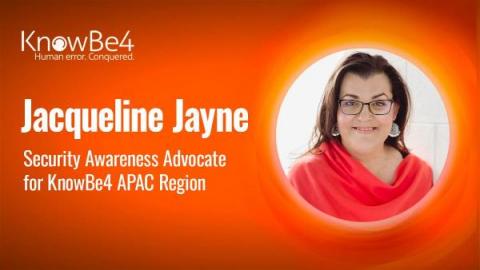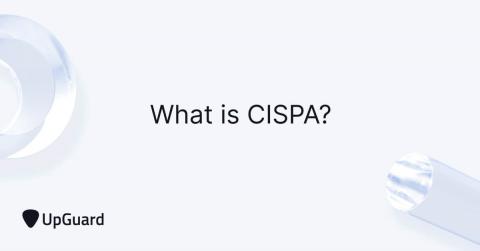Security | Threat Detection | Cyberattacks | DevSecOps | Compliance
Legislation
Device Authority embraces transparency and international standards as the White House Names SBOMs as key pillar of Cybersecurity Implementation Plan
In a significant stride towards strengthening cybersecurity practices and protecting the nation’s digital future, the White House has issued a formal National Cybersecurity Implementation Plan, and named the 5 pillars that it believes are critical to successfully implementing its cybersecurity strategy.
What's in the Proposed Amendment to 23 NYCRR 500?
New York State’s Department of Financial Services (DFS) recently published a proposed amendment to its cybersecurity regulation affecting New York financial institutions. Part 500 of Title 23 of the New York Codes, Rules and Regulations (23 NYCRR 500) governs cybersecurity requirements for financial services companies. When first adopted in 2017, it was the first comprehensive cybersecurity regulation from a state government to govern the financial services sector.
Executive Order 13800 on Cybersecurity Policy and Practice
Exploring the Colorado Privacy Act (CPA) and its Implications for Consumer Data Protection
Three Key Takeaways From the Newly Adopted EU-US Data Privacy Framework You Need To Know
On July 10th, the EU Commission adopted an adequacy decision for the proposed EU-U.S. Data Privacy Framework. This is exciting news for organizations, as many have been stuck in privacy "limbo" since the annulment of the previous EU-U.S. Data transfer mechanism, Privacy Shield, which was annulled due to challenges in court by privacy activist Max Schrems.
How the NIS2 Directive Will Impact You
Have you heard of the NIS Directive? The full name is quite a mouthful, "DIRECTIVE (EU) 2022/2555 OF THE EUROPEAN PARLIAMENT AND OF THE COUNCIL of 14 December 2022 on measures for a high common level of cybersecurity across the Union". The informal name has been shortened to the Network and Information Security (NIS) Directive. The aim of the directive was to develop a common level of cybersecurity across the Member States that could be applied to entities of critical national importance.
Australia's National Anti-Scam Centre: Prevention Is Better Than the Cure
Australia officially launched their National Anti-Scam Centre this week. With more than AUD $3.1 billion lost each year, Australians need support. With representatives from the banks, telecommunications industries and digital platforms, the intent of the center is to identify methods to disrupt all kinds of scams and reduce scam losses. While I completely support this initiative, it would be remiss of me not to highlight that the prevention of scams is perhaps as important as the cure.


